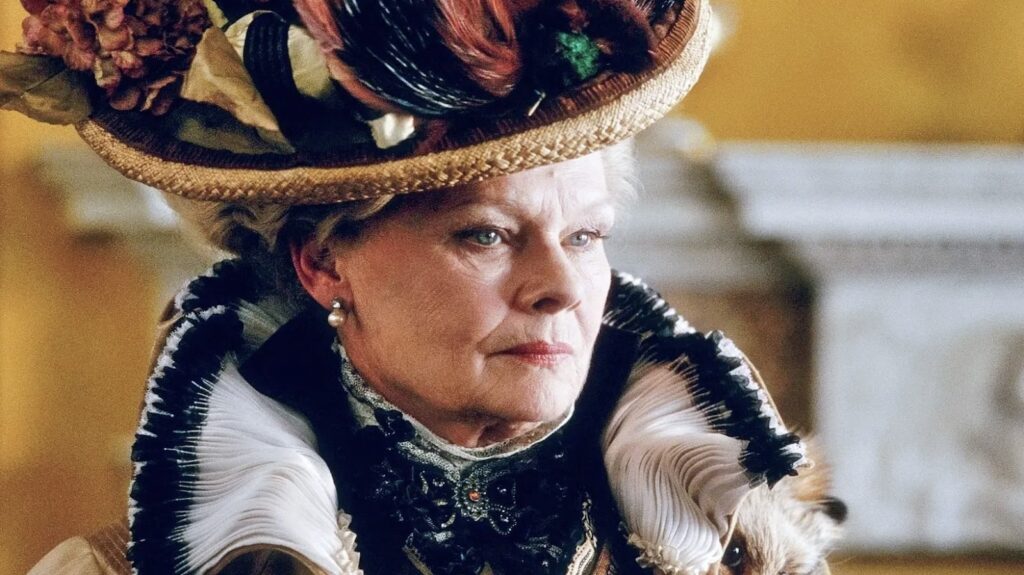How Do Lady Bracknell’s Words Reflect Victorian Social Codes
Lady Bracknell’s dialogue in Oscar Wilde’s play, “The Importance of Being Earnest,” provides a rich and insightful reflection of Victorian society. Her character embodies the values, ideals, and expectations of the era. Let’s delve into some key aspects of Victorian society that are mirrored in Lady Bracknell’s words.
The Influence of Class and Social Status
In the Victorian era, social class was of paramount importance, determining one’s status, opportunities, and even relationships. Lady Bracknell, being a wealthy and aristocratic lady, is obsessed with class and shows her disdain for those she considers beneath her. Her words are filled with condescension and a sense of superiority, highlighting the rigid social hierarchy that dominated the time.
Lady Bracknell’s memorable line, “To lose one parent, Mr. Worthing, may be regarded as a misfortune; to lose both looks like carelessness,” perfectly encapsulates her preoccupation with social status. She judges others based on their pedigree, wealth, and connections, revealing the obsession of the Victorian upper class with maintaining and reinforcing their privileged position in society.
The Importance of Marriage and Relationships
Marriage was a vital aspect of Victorian society, seen as a means of consolidating wealth, status, and social connections. Lady Bracknell’s dialogue reflects this societal emphasis on marriage and relationships. She repeatedly emphasizes the need for a suitable match, particularly for her daughter Gwendolen, stressing that love alone is not enough.
Lady Bracknell’s words reveal the prevailing belief that marriage should be a strategic union, where financial stability and social standing take precedence over personal feelings. When she interrogates Jack Worthing, she meticulously investigates his eligibility as a prospective suitor for Gwendolen, meticulously assessing his income, prospects, and background.
Through her sharp and witty dialogue, Lady Bracknell embodies the expectations placed on individuals to conform to societal norms regarding marriage, emphasizing that it is not just a personal choice but a matter of societal obligations and responsibilities.
As we explore Lady Bracknell’s words, we gain valuable insights into the multifaceted nature of Victorian society. Her character serves as a window into the complex interplay of class, social status, and the rigid expectations that defined the era. Through her snobbishness and insistence on societal conventions, Lady Bracknell encapsulates the contradictions and intricacies of the Victorian age, leaving an indelible mark on the play and our understanding of the period.
Lady Bracknell’s Language and Mannerisms
Sophistication and Eloquence
One of the striking aspects of Lady Bracknell’s character in “The Importance of Being Earnest” is her sophisticated and eloquent language. Her dialogue is filled with carefully chosen words and precise diction, reflecting the refined manners and speech expected of the upper class during the Victorian era.
Lady Bracknell’s eloquence is not only limited to her choice of words. Her delivery is precise and deliberate, with a distinct tone of authority. She effortlessly commands attention through her refined speech, becoming a dominant figure in every scene she appears in. Her language and mannerisms communicate her status and power, further reinforcing the societal hierarchy of the time.
Snobbery and Prejudice
Lady Bracknell’s dialogue also reveals her snobbish nature and inherent prejudice. She constantly emphasizes the importance of social status and wealth, placing great emphasis on lineage and ancestry. Her preoccupation with pedigree makes her dismissive of individuals who lack the appropriate social standing, much to the frustration of the play’s protagonists.
Lady Bracknell’s snobbery is evident in both her words and her actions. She uses her language to maintain a sense of superiority and to separate herself from those she deems beneath her. Her disdain for individuals who do not meet her standards reflects the restrictive and judgmental attitudes of the Victorian upper class.
Lady Bracknell’s dialogue serves as a reflection of the social climate of the Victorian era. Through her sophisticated language and snobbish mannerisms, she represents the values and expectations of the upper class, highlighting the stark divisions and prejudices that defined society at the time. Her character provides valuable insights into the complexities and contradictions of Victorian society, challenging our perceptions of class, marriage, and status.

